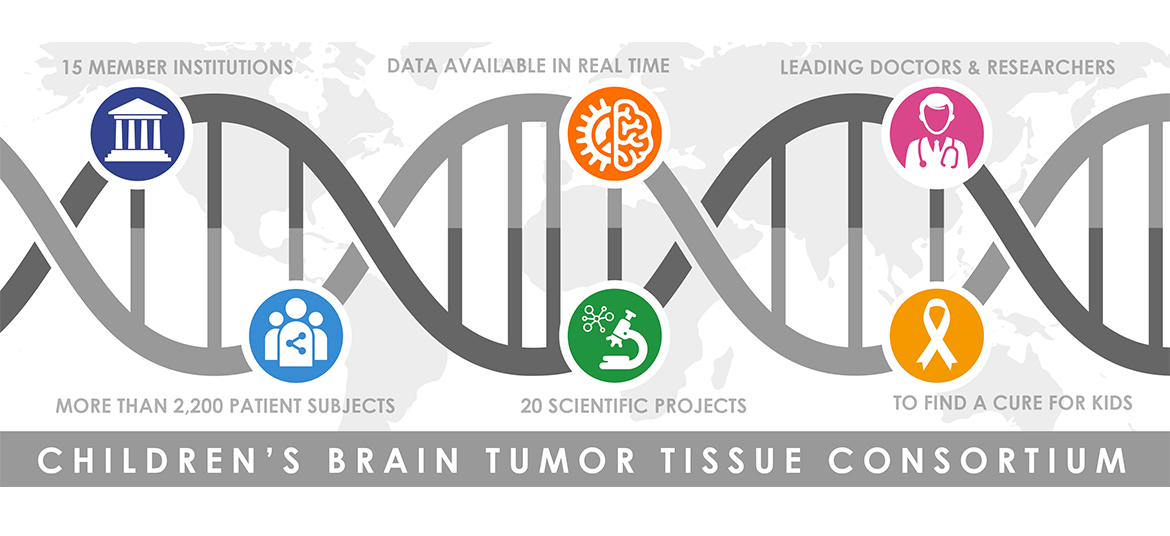

You may have missed this announcement; lost in the shuffle of Childhood Cancer Awareness Month. Maybe you saw the announcement and didn’t quite understand the importance of the launch. The Pediatric Brain Tumor Atlas is a major step forward in advancing collaboration and accelerating research. We are proud to be part of this organization and wholeheartedly support the work being done. A dataset of more than 2,500 childhood brain tumor samples will be available to researchers within an open-access, collaborative and cloud-based environment. The enormity and scope of this endeavor is and will make a significant impact.
Our own Al Gustason was quoted in the announcement commenting:
“When researchers learn from one another and foundations partner with one another, we move together toward hope. There are fifteen foundations who make up the Advisory Council and collaborate to support the CBTTC. Each of those foundations represent the story of a child whose life ended far too soon or a child who now carries a lifelong burden that resulted not only from their disease, but also the treatment of their disease. The Pediatric Brain Tumor Atlas is a giant leap forward for keeping the research in service of the children as it changes the landscape of how science is done and serves as a beacon of hope for families in their darkest hour,” said Al Gustafson, Board Chair of the Swifty Foundation and Advisory Council Liaison to the CBTTC Executive Board.
The Press Release from September is below.
PHILADELPHIA, Sept. 10, 2018 — One of the world’s most comprehensive collections of childhood brain tumor data is now available to researchers as the Pediatric Brain Tumor Atlas (PBTA), a Children’s Brain Tumor Tissue Consortium (CBTTC) initiative seeking to transform the discovery process and accelerate the translation of large-scale molecular and clinical datasets to novel therapeutic approaches for children affected by brain tumors. The dataset release represents data collected from more than 1,000 subjects and 30 unique brain tumor types. The openly-available data stored within the Atlas will continue to increase, with additional datasets projected for release in May 2019. Read the full post here

